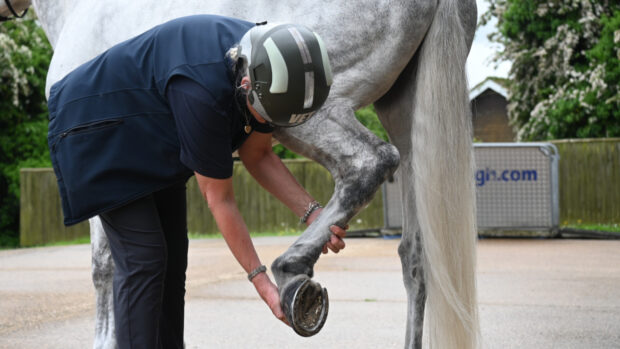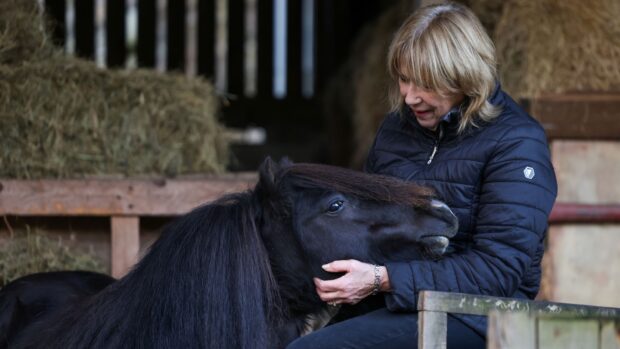Researchers have found a significant increase in antibiotic resistance in horses that have been hospitalised.
A team working at Philip Leverhulme Equine Hospital in Liverpool discovered that Escherichia coli 2 bacteria in a horse’s intestine appear to acquire the resistance during its hospitalisation.
Researchers found a significant increase in multiple drug resistance in E.coli samples isolated from horses’ faeces after a period in hospital.
Adele Williams led the research, with funding from equine charity The Horse Trust.
Her team collected faeces from randomly selected horses at the hospital over an 18-month period between 2006 and 2008.
Samples were collected when the horse was admitted and again after seven days in the unit. This included horses treated and not treated with antibiotics before and during hospitalisation.
E.coli cultured from the samples were tested for their sensitivity to eight antibiotics and researchers found that after a week in hospital, resistance to all but one had increased, with no significant difference found to the eighth.
The increased resistance could be due to a number of factors and further research is being carried out to identify these.



